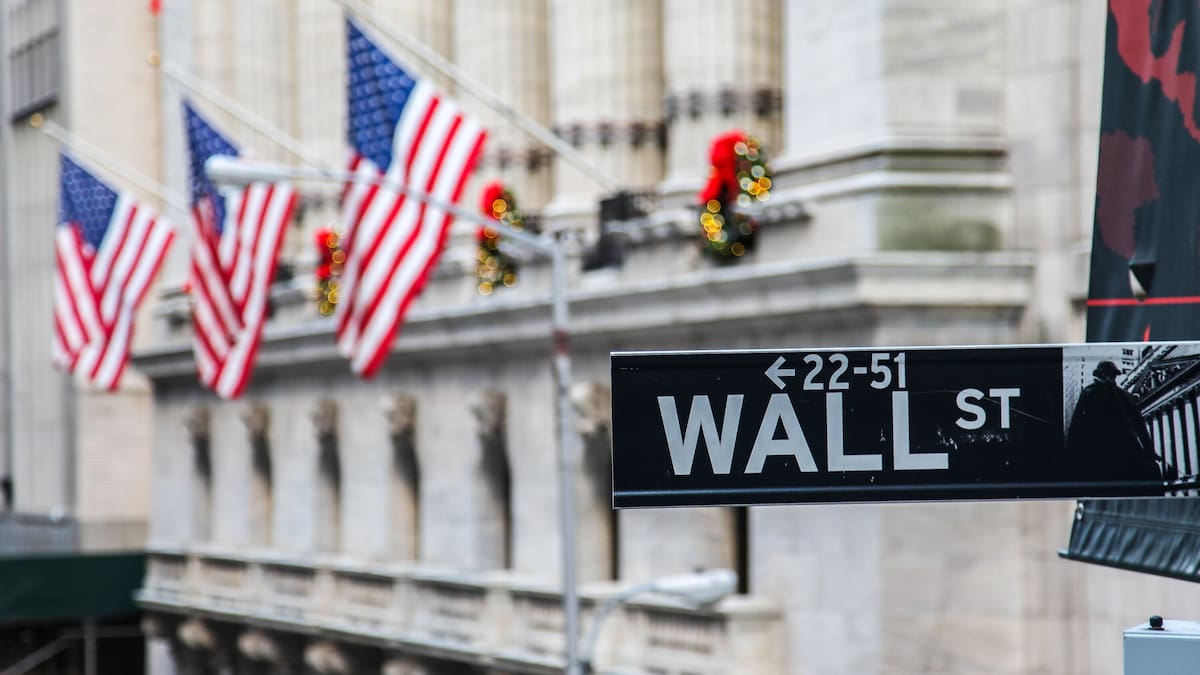KiwiSaver providers generally have exposure to US stocks because they account for about 60% of the world market.
And the so-called “Magnificent 7″ tech stocks have become an increasingly dominant part of the global market.
Murray Harris, head of KiwiSaver and retail at Milford Asset Management, said the markets were nervous.
“The longer the market keeps rising like it has done, the more nervous you do get,” Harris told the Herald.
The tech sector amounts to a 36% weighting in the S&P 500, more than in the dot-com era of the late 1990s, he said.
Leading the charge in the American sharemarket has been chip maker Nvidia, which has become the world’s first US$5 trillion ($8.8t) company.
“There are some very highly valued companies and, of course, Nvidia is one of them that stands out,” Harris said.
“From our perspective, we’ve just taken a slightly more cautious approach because things don’t go up forever.
“But we can use things, particularly with our active investment strategy, like derivatives to protect the downside when things do fall as they inevitably will.
“We’ve got pretty flexible mandates so that we’re able to raise cash when we want to, and we’ve actually been doing that just a little bit recently – taking profits and just holding that in cash.
“We don’t want to put more money into companies that are highly valued.
“And so then we’ve been able to diversify and invest in other markets like Europe, and other sectors like property, consumer, communication services, consumer discretionary, healthcare, which are all quite large exposures in our funds as well.
“That’s opposed to the passive and index tracking managers who, for every dollar that they get in, they’ve just got to put more and more money into those highly valued companies because they’re buying the index.”
Active fund managers are often at loggerheads with exchange-traded funds (ETFs), which invest solely based on a company’s weighting on an index.
Harris said it would be healthy if the market had a pullback.
“If you think of it like a pressure cooker, the pressure builds and builds until something blows.
“If the pressure cooker can let off a little bit of steam, I think it’s actually often quite healthy,” he said, adding a 10% retracement would be healthy.
“We’ve been taking profits on companies and diversifying elsewhere so that you reduce that risk, and we’ve got derivative cover in place as well.”
For KiwiSaver investors, much rests on whether people are in the right fund for their situation, he said.
Harry Smith, Fisher Funds’ portfolio manager – global value, said there was a huge amount of “chat” about a possible AI bubble.
He said it was important to separate the technology from the hype.
“The technology in itself we are very bullish about what that’s going to mean for productivity and GDP growth over the long term,” he said.
The hype, as in what’s happened to share prices, is a different subject.
“The crux of the issue is how AI is going to be monetised and where is this revenue or profit going to come from to support the investment that’s being made.
“We’ve seen a lot of hype, but outside of the AI space, a lot of companies have been left behind and are looking quite attractive.”
Smith said sharemarket investors should expect to get a 10% pullback every couple of years and a 20% decline every six years.
“It’s the price of admission for being an equity investor and getting access to those attractive long-run returns.”
ASB Bank’s chief investment officer Frank Jasper said he was a big believer in AI.
“AI and digitalisation is something that we’ve been positively predisposed to for some time.
“Despite what’s going on with valuations, we remain a big believer that space is going to facilitate a lot of change and there will be significant shareholder value creation over the next five, 10 or 20 years,” he said.
“That doesn’t mean to say that the assets can’t get overpriced from time to time.
“We were heavily exposed in that space but have been progressively reducing our exposure to the very large cap tech stocks and moving our focus in AI away from what I’d call the primary beneficiaries to the secondary beneficiaries.
“We have reduced our total global equity exposure, which these days means you are reducing your exposure to those mega cap tech stocks, and we’ve been diversifying more within our global share portfolio.”
Jasper said the infrastructure stocks – data centre providers and the electricity utilities – looked like the secondary AI beneficiaries.
He said KiwiSaver would have already benefited strongly from the Wall Street tech boom to date.
“That’s a good thing, but like all good things, if they keep going on in one direction for too long it creates a little more risk.
“We’ve reduced our exposure a little bit to shares, so taking some direct risk off the table.
“We’ve diversified a little bit more within portfolios, and we’ve put some downside protection in place,” he said.
“This will be a long-term theme, but we’ll have periods where it’s flavour of the month and then we’ll have periods where it struggles a little bit more.”
Listen and subscribe to the Today in Business podcast – the top headlines from the NZ Herald business team summarised and delivered by an artificial intelligence (AI) voice as an easily digestible recap.

